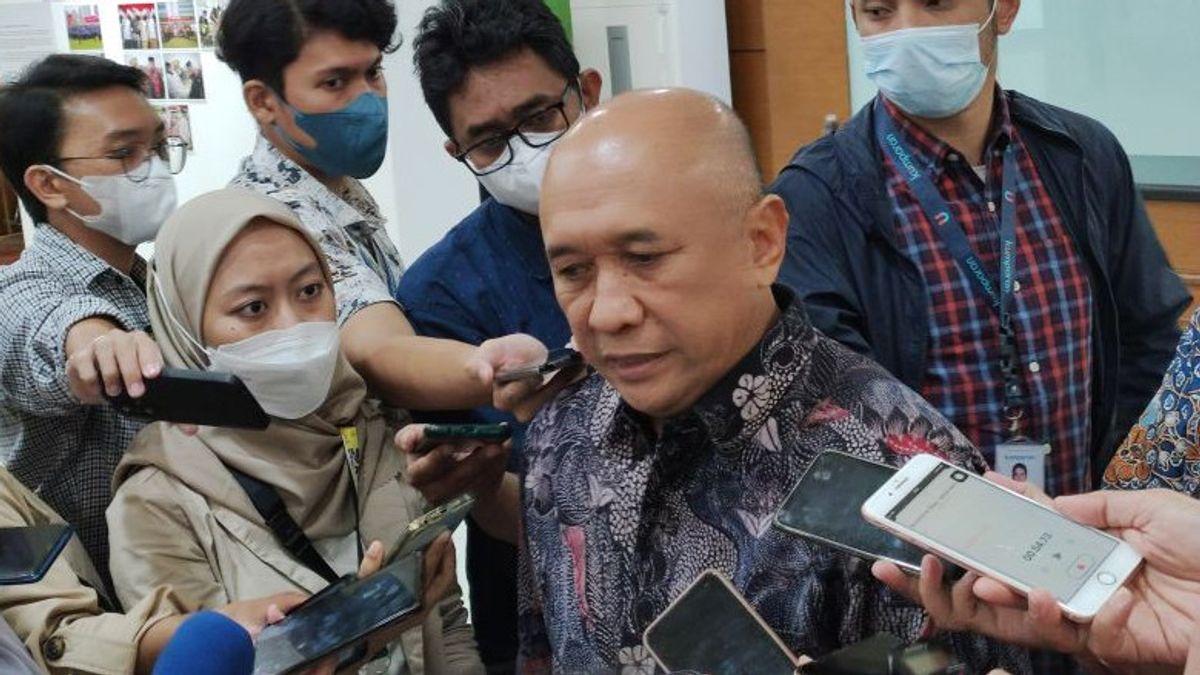Minister of Cooperatives and SMEs Teten Masduki said that savings and loan cooperatives will no longer be allowed to file for bankruptcy and request for postponement of debt payment obligations (PKPU).
According to Teten, this is because in some cases, many problematic cooperatives use this mode to rob their members of money.
"I think this is a very big breakthrough so that later rogue cooperative management will no longer be able to use the PKPU or bankruptcy mechanisms to rob members' money," he said in the 2022 Reflection and Outlook 2023 quoted by Antara, Monday.
Teten explained that the decision was also one of the successes of the problem-problem Cooperative Handling Task Force which has worked across ministries/agencies in recent times.
Teten said the Supreme Court (MA) had heard and accommodated the input of the Task Force through Supreme Court Circular Letter Number 1 of 2022 which stated that the request for bankruptcy statements and requests for postponement of debt payment obligations or PKPU for this cooperative could only be made by the minister in charge of cooperatives.
"So later if there are cooperatives, rogue cooperative administrators who want to rob members of money, they can no longer win arbitrarily, for example submitting PKPU only a few members or bankruptcy with only a few members and sacrificing the majority of members," he said.
Teten explained that his party drew many lessons from the case of eight troubled cooperatives with losses of up to Rp26 trillion. The eight cooperatives are KSP Sejahtera Bersama, KSP Indosurya, KSP Pracico Inti Sejahtera, KSPPS Pracico Inti Utama, KSP Intidana, Jasa Wahana Berkah Sentosa Cooperative, KSP Lima Garuda, and KSP Timur Pratama Indonesia.
Teten admitted that his party had difficulties because there was no mechanism for resolving problematic cooperatives, and like other financial sector settlement mechanisms such as banking.
In Law Number 25 of 1992 it is stated that the Kemenkop UKM does not have the authority to supervise it, because the supervision of the cooperative is in the cooperative itself.
"Therefore, for the resolution of problematic cooperatives, there is no short-term solution. We have tried to persuade other healthy cooperative cooperatives to participate in resolving problematic cooperatives, they also do not want to, including looking for new investors to enter cooperatives, they also cannot," he said.
Therefore, Teten said that medium and long-term solutions are by encouraging the strengthening of cooperative regulations through the Revision of the Cooperative Law.
"The progress today is that we have formed a Pokja to discuss both the legal drafting and the academic text. We also conduct public consultations with relevant stakeholders, and coordination with parliament has also been carried out. We hope that this year we can complete the revision of the Cooperative Law," said Teten.
The English, Chinese, Japanese, Arabic, and French versions are automatically generated by the AI. So there may still be inaccuracies in translating, please always see Indonesian as our main language. (system supported by DigitalSiber.id)









